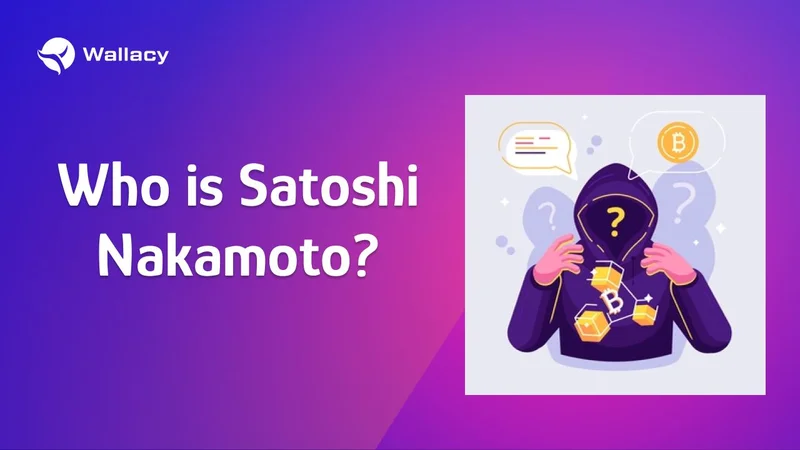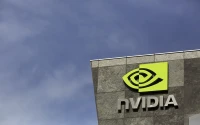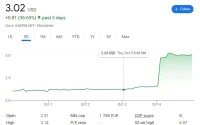Okay, folks, buckle up, because we're about to dive into something way bigger than who Satoshi Nakamoto really is. Seriously, the endless speculation? It's a fun distraction, sure. But while everyone's busy playing detective, they're missing the actual revolution unfolding right before our eyes.
For years, we've been obsessed with the mystery. Is it Daira-Emma Hopwood? Was it Craig Wright all along (eye roll)? Honestly, it's become a parlor game. The recent buzz around Hopwood, talented as she is, just proves the point. We keep chasing shadows while the sun is rising. Satoshi Mystery Reignites: Is Zcash Engineer Daira-Emma Hopwood the Hidden Architect of Bitcoin?
Here's the thing: Satoshi's identity is almost irrelevant now. The real story isn't about a single person; it's about the idea that Bitcoin unleashed, and where that idea is taking us.
The Real Disruption: From Outlaw Tech to Mainstream Muscle
Look, I get it. The cypherpunk roots, the anti-establishment ethos – it's all part of the Bitcoin lore. But check this out: Banks are loving Bitcoin. JPMorgan is accepting it as collateral! BlackRock has Bitcoin ETFs! The very institutions Bitcoin was designed to disrupt are now embracing it.
Remember when Jamie Dimon called Bitcoin a "fraud"? Now he's accepting it as collateral. That's not just a change of heart; it's a seismic shift. What does it mean? It means Bitcoin has gone from being a fringe experiment to a legitimate asset class. A force to be reckoned with.
Think about the printing press. Gutenberg didn’t just invent a machine; he democratized information. Bitcoin isn't just about digital money; it's about democratizing finance. Giving individuals more control over their wealth. This isn’t just tech; it’s a cultural and economic transformation.
But let’s be real: this mainstream embrace comes with a catch. The original vision of Bitcoin – self-custody, open networks, user sovereignty – is at risk of being diluted. We can't let that happen.
The real revolution isn't just about banks adding Bitcoin to their balance sheets. It's about empowering individuals. It’s about building a financial system that's more transparent, more accessible, and more equitable.

This shift reminds me of something Joel Mokyr, Philippe Aghion, and Peter Howitt explored in their Nobel Prize-winning work: creative destruction. Progress requires dismantling what no longer works. Bitcoin is forcing traditional finance to evolve, to adapt, or become obsolete. That’s the power of disruptive innovation.
I was reading a comment thread the other day, and someone said something that really stuck with me: "Bitcoin isn't just about making money; it's about taking back control." That's the heart of it, isn't it?
And that's why these grassroots movements are so critical. The Bitcoin-focused events in Los Angeles, Prague, Lugano—they aren’t just tech conferences; they're cultural gatherings. They're about shaping the future of money, not just the technology behind it.
Christian Catalini from MIT put it perfectly: the future of money depends on shared infrastructure, not walled gardens.
But this also means we have a responsibility. We can't just sit back and watch the institutions take over. We need to actively participate in shaping the culture around Bitcoin. We need to educate others, support open-source development, and advocate for policies that protect individual freedom.
Let's not forget the lessons of Apollo 13. "Houston, we have a problem" became shorthand for crisis, but the mission didn't fail. It adapted. Bitcoin is in transition, not crisis. And like those astronauts, we need to return to first principles and finish what was started. Satoshi, We Have A Problem: At 17 Years Old, Banks Love Bitcoin
What started as Plan B is fast becoming Plan A.
So, What’s the Real Story?
It’s time to stop obsessing over the ghost in the machine and start building the future we want. The Satoshi mystery is a distraction. The real revolution is about empowering individuals, democratizing finance, and creating a more equitable world. Let’s not lose sight of that. The choice is ours. Freedom isn’t given; it’s chosen.










